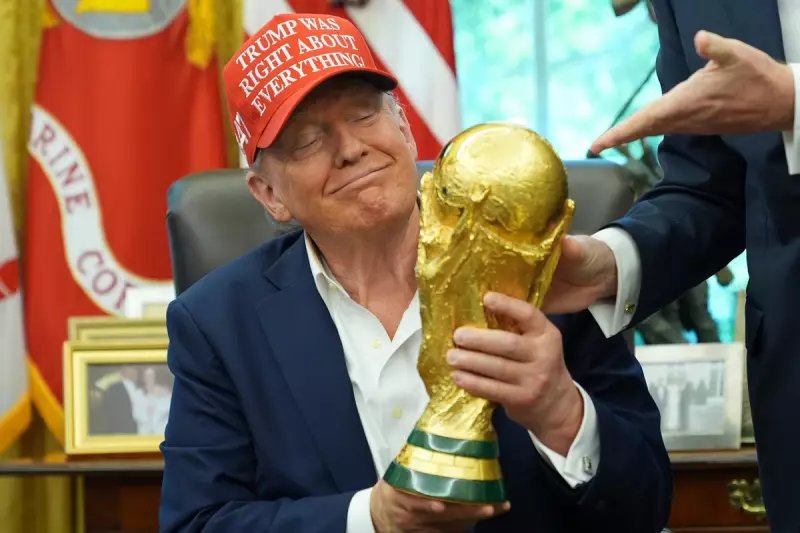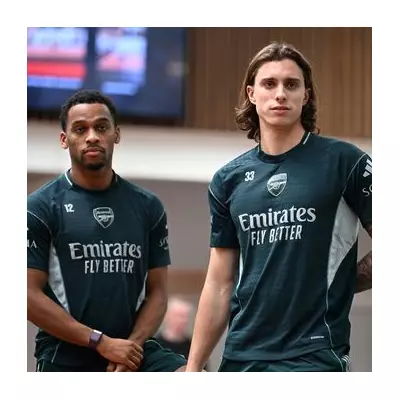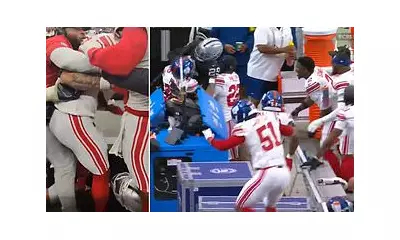
In a stunning revelation that bridges the worlds of geopolitics and international football, former US President Donald Trump has disclosed he explored the possibility of the United States co-hosting the 2030 FIFA World Cup with Vladimir Putin's Russia during his time in office.
The Bombshell Proposal
Speaking exclusively to The Independent, Trump confirmed he had "serious conversations" about this unprecedented sporting partnership with the Russian leader. "It would have been the greatest World Cup ever," Trump declared, showcasing his characteristic confidence in what would have been one of the most controversial hosting decisions in football history.
Geopolitical Firestorm
The proposed collaboration would have occurred despite escalating tensions between Western nations and Russia, creating what experts describe as a potential diplomatic minefield. The timing is particularly striking given the subsequent invasion of Ukraine and Russia's current pariah status in international sports.
Trump's Vision for Football
The former president didn't hold back in his assessment of international football, describing the sport as "beautiful but soft" compared to American sports. His comments reveal a fascinating perspective on how he might have approached one of the world's most popular sporting events.
FIFA's Reaction
While Trump claims the idea was seriously considered, football governing bodies have historically been wary of such politically charged hosting arrangements. The revelation raises questions about how FIFA would have responded to a joint bid from two nations with such complex international relationships.
What Could Have Been
The 2030 World Cup bidding process ultimately went in a different direction, with Morocco, Portugal, and Spain winning the hosting rights. However, Trump's disclosure offers a tantalising glimpse into an alternate reality where geopolitics and football collided in unprecedented ways.
This revelation comes at a time when sports and politics continue to intersect in increasingly complex ways, reminding us that the beautiful game often reflects the broader tensions and relationships of the global stage.





